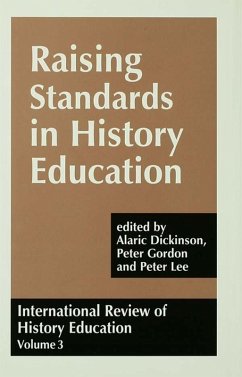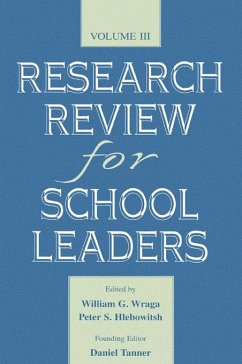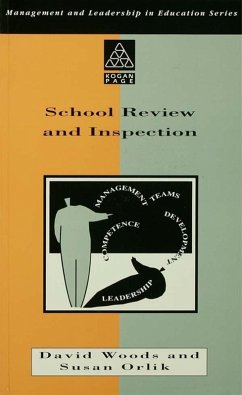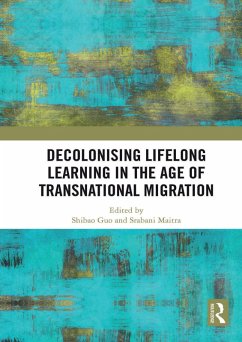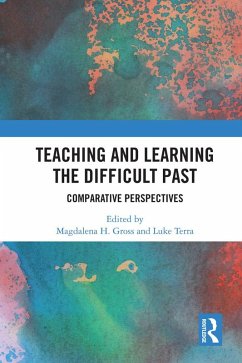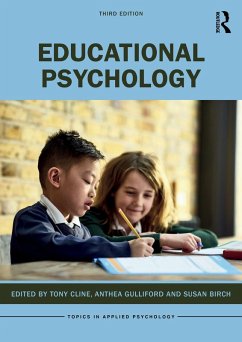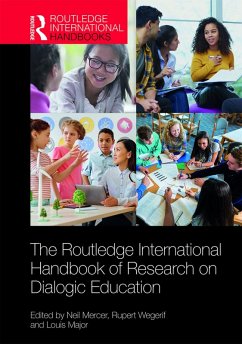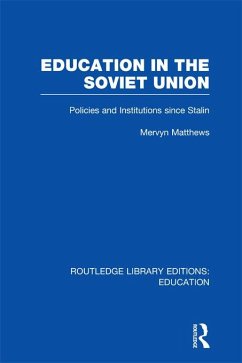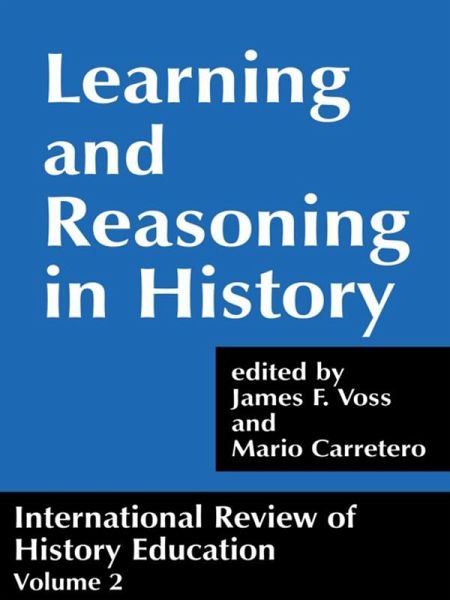
International Review of History Education (eBook, PDF)
International Review of History Education, Volume 2
Redaktion: Carretero, Mario; Voss, James
Versandkostenfrei!
Sofort per Download lieferbar
44,95 €
inkl. MwSt.

PAYBACK Punkte
22 °P sammeln!
This volume consists of the proceedings of an international conference on cognition and instruction in history. The papers cover several areas: historical narratives and history teaching; the use of texts, documents and images in learning history; and historical explanation and understanding.
Dieser Download kann aus rechtlichen Gründen nur mit Rechnungsadresse in A, B, BG, CY, CZ, D, DK, EW, E, FIN, F, GR, HR, H, IRL, I, LT, L, LR, M, NL, PL, P, R, S, SLO, SK ausgeliefert werden.




